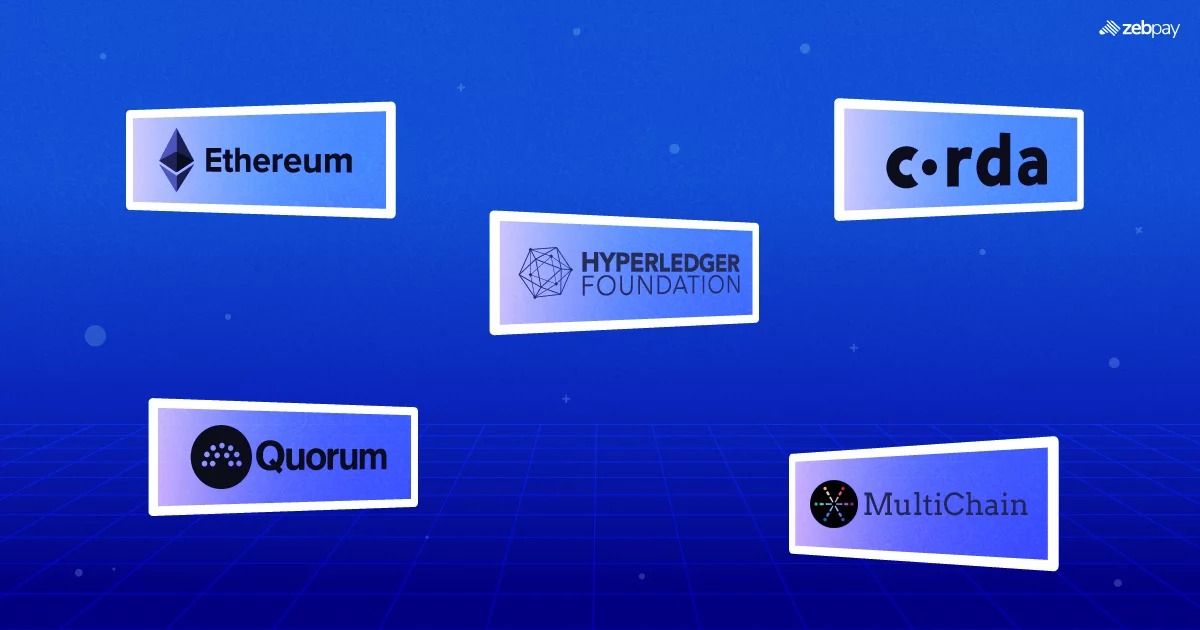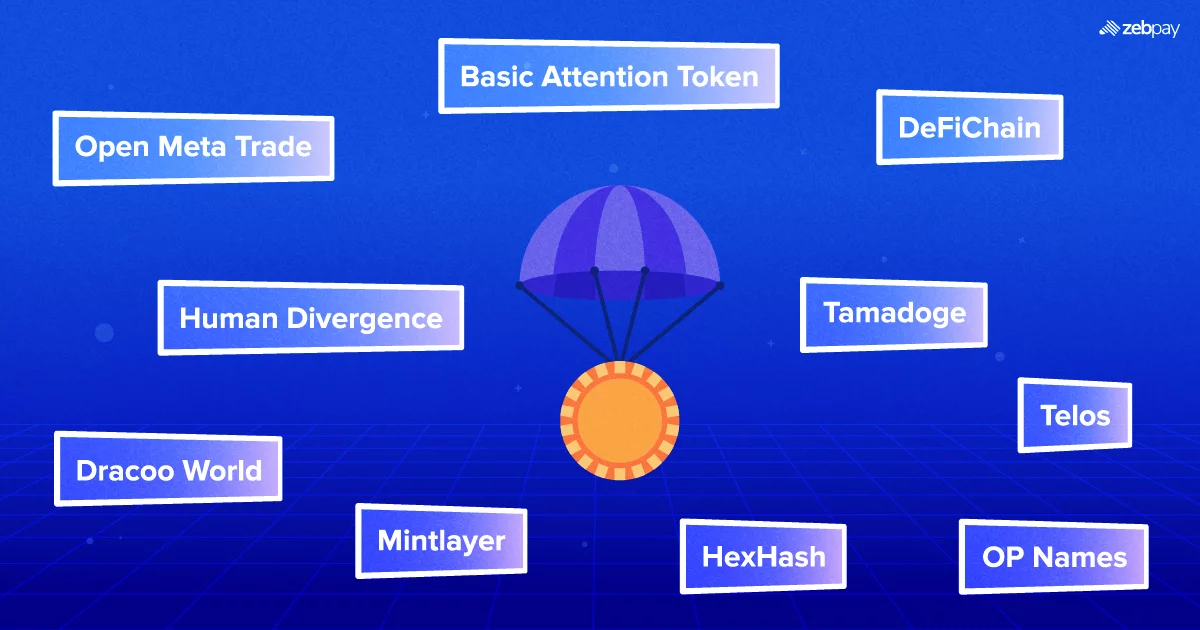27th March 2024| ZebPay Trade-Desk
Introduction
In the dynamic landscape of blockchain and crypto, Ethereum finds itself at a crucial crossroads. The imperative for a more decentralised, secure, and fair staking ecosystem has never been more apparent, particularly as the network undergoes substantial transformations like its shift to Proof of Stake (PoS) and implementing the Dencun upgrade. This is where Distributed Validation Technology (DVT) emerges as a potential solution to foster a more decentralised, secure, and inclusive Ethereum ecosystem.
Presently, the concentration of staking power within a handful of large entities poses significant risks to the Ethereum network, including centralisation, decreased network resilience, and the threat of censorship. This centralised control runs counter to the decentralised principles that Ethereum and the broader blockchain community aim to promote, representing one of the most pressing challenges in the validation process and a significant risk to the Ethereum network’s integrity.
Distributed Validation Technology (DVT), as outlined in Ethereum founder Vitalik’s roadmap for the Ethereum Network, offers a remedy to this challenge by reinstating decentralisation, security, and inclusivity in Ethereum staking. DVT proposes a foundational technology that reimagines the architecture of Ethereum’s Proof of Stake (PoS) validators. It enables a validator to function not as an individual entity confined to a single node or machine but as a cohesive unit spread across a network of nodes. This groundbreaking approach empowers individuals, groups, or communities of operators to operate a single validator within the Ethereum ecosystem collaboratively, amplifying its strength and resilience. By embedding the validator within a network of nodes, DVT substantially bolsters the validator’s resilience and significantly mitigates the risk of slashing for validators operating with integrity, regardless of their scale.
Forging Decentralisation: DVT and Rainbow Staking
Innovative approaches like Distributed Validation Technology (DVT) are reshaping the future landscape of Ethereum staking, democratising access and fostering inclusivity and security for validators of all scales. By implementing DVT, Ethereum propels itself towards a more resilient and universally accessible staking infrastructure, marking a significant stride towards a decentralised and fair blockchain ecosystem.
Moreover, the introduction of rainbow staking, as recently proposed by Barnabé Monnot in an Ethereum Research blog, aims to diversify the staking ecosystem even further. This approach entails unbundling services into heavy and light layers, aligning seamlessly with the ethos of distributed validation. Rainbow staking introduces a nuanced and adaptable staking environment, empowering validators to specialise in various services based on their capabilities and preferences. This specialisation fosters competition, driving efficiency and innovation while enhancing service quality across the network. By combining rainbow staking with distributed validation, Ethereum stands to mitigate the current risks of centralisation inherent in its staking model, fostering a more robust and decentralised ecosystem for all stakeholders.
Leveraged Ethereum and the Role of Distributed Validation
In the ever-evolving landscape of blockchain technology, Ethereum’s adoption of distributed validation isn’t just a strategic manoeuvre; it’s a necessity to bolster its resilience, inclusivity, and adaptability amidst burgeoning networks and escalating Total Value Locked (TVL). The recent crypto bull market, witnessing a staggering $108.99 billion in value locked on November 9, 2021, underscored Ethereum’s pivotal role as the bedrock for pioneering financial innovations within the realm of decentralised finance (DeFi). As we embark on a fresh bull run, harnessing Ethereum’s security through a more robust validation framework becomes imperative.
In this context, Distributed Validation Technology (DVT) emerges as a crucial tool in Ethereum’s arsenal, poised to address the risks stemming from amplified leverage on its foundational infrastructure. DVT’s prowess extends beyond fortifying the network’s security; it also champions the democratisation of network participation, a pivotal endeavour in an era marked by heightened market volatility and potential losses.
The integration of distributed validation transcends mere technical fortitude, encapsulating the foundational principles of blockchain technology: inclusivity and accessibility. Through the reduction of barriers to entry for validators, Distributed Validation Technology (DVT) cultivates a sense of community among a broader spectrum of stakeholders, affirming Ethereum’s status as a public good. This inclusivity serves as a cornerstone for fortifying the network’s underpinnings and bolstering its global reputation.
Illustratively, DVT facilitates entry for validators in regions grappling with challenges like power outages and economic limitations, such as Latin America and Africa. This approach expands the network’s horizons and enriches it with a diverse array of perspectives and contributions, propelling innovation and resilience through collaboration. Undoubtedly, DVT’s significance will be particularly pronounced in regions where economic and infrastructural obstacles have historically hindered participation in blockchain networks.
As Ethereum evolves and adapts to the evolving landscape of blockchain and decentralised finance, the embrace of distributed validation becomes indispensable. The technical prowess of DVT, combined with its potential to democratise access and foster inclusivity, positions Ethereum favourably to navigate future complexities. By embracing DVT, Ethereum can cement its role as a foundational infrastructure for the next wave of blockchain applications, ensuring its enduring sustainability and prosperity in the years ahead.








